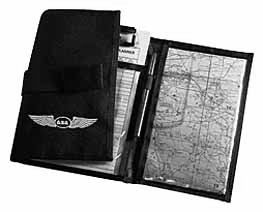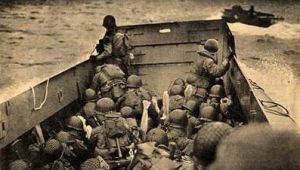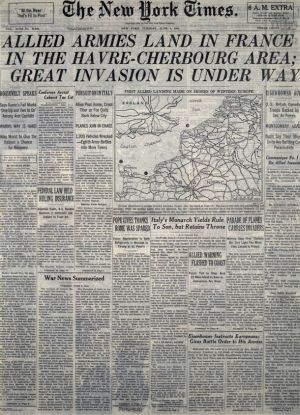
Flying Home to Church
-- He smiled remembering the advice of the tough old bird who was his favorite flight instructor: "Never overcontrol. Trust the airplane."
Cat was also enthralled, as an extremely good photographer (let alone navigator), by how the nature of the light changed at different latitudes and altitudes, and in various weather conditions. Even now his eyes sensed the top of the line squall coming up in an hour or so. And just then, when the plane sent him a gentle tremor about a wind shift, he promptly logged it in his psyche as well as on the knee chart. He was a flyer. As Mitch had remarked: maybe not a great lander, but unusually good in the air.

Kneeboard
He gave the rudder pedal a caress. "And I'll learn how to land you like a feather even in a variable crosswind."
Usually after he landed, and always when he was paired with Run-Run, he wondered why he flew easier than Run-Run but Run-Run landed smoother. It did not disturb his sack time; his ego was strong enough to sleep through most anything except Susan, but it did perplex him. Curious.
Run-Run had graduated very high in their class at The Academy and had been granted his request for duty on an awesome new cruiser. He soon became assistant gunnery officer. After a very modest start, mostly explained by boredom, Cat had worked his way near the top of the bottom third of the class. Having no interest in being a commissioned errand boy, he had volunteered for the amphibious corps and had become commanding officer of a splinter of a ship (truly just a boat) that sailed the Great Pacific carrying various infantry men into frontal encounters with Japanese who tried very hard to kill them and sink the ship (boat).
While Run-Run was hitting targets nobody else could find, Cat was making a different kind of reputation. Once, after a typhoon during which he had saved his own ship, he found a larger ship that had been abandoned (of panic or death?), pumped it out and towed it 750 miles to an advanced base to fight again. But mostly he got put in command of the first wave on D-Day because he could find the exact right spot on the beach even before first light and then ease everybody else in like he was tossing newspapers right on the mark while flirting with the girl three porches down on the block.

Beach landing on D-day
Run-Run and Cat were soon marked for bigger things even though they were far too busy (and scared and weary) to notice. Their orders to flight training had been sent less than a week after the Japanese surrendered on Okinawa. The people who cut the paper knew the war was over and they were looking for ways to keep the best of those who had survived. Run-Run for one reason, Cat for another.
They had never seen each other during the war. It was a delightful wartime haphazard that they met each other in a fancy hotel lobby in San Francisco. They went into the bar and looked at each other for a full minute (that is far longer than you realize!) and then embraced each other until the waitress allowed as she would like some of that for herself.

Newspaper announcement of Allies landing at Normandy
Courtesy Library of Congress
Everyone had laughed and they had accommodated her, then bought the bar a drink.
It was mostly very easy. They simply picked up where they had been; that hallmark of love and friendship. Susan met the train in St. Cloud and they were silly grateful mindless through a weekend before Run-Run went home to Philadelphia. They even saw another Indian, and Cat and Susan (and his mother and grandmother) went with Run-Run to the tiny Jewish service. The war for a moment seemed to have been worth it all.
Off and on they talked very emotionally and forcefully about the need to make the war mean something for Negroes and Jews and Indians and the poor people. The bump came the last night when Nathan and Kerry got into a deadly quiet argument about dropping The Bomb. Cat's grandmother eased the other women off to wash the dishes but that did not help too much.
Susan knew enough to be scared. It went on and on and on without any voices being raised and no drinks being poured.
Cat finally came to bed but was too tired and tense to make love.
"I love you, Kerry."
Silence. Then, finally: "I love you, too, but The Bomb was wrong. It did not have to be done. Wrong, wrong, WRONG!"
Table of Contents
- Maggie and Mr. Hank
- The Reverend
- Squalls Along the Flight Line
- Flying Home to Church
- A Visit with The Judge
- Communion
- Afterthoughts
- Monday Morning With The Admiral
- Into the Dining Room
- On Toward Walking the Streets
- Glimpses of An Election
- The Dream and The Reality of Violence
- The Admiral Loses More Than a Few Good Men
- Down That Lonesome Road

